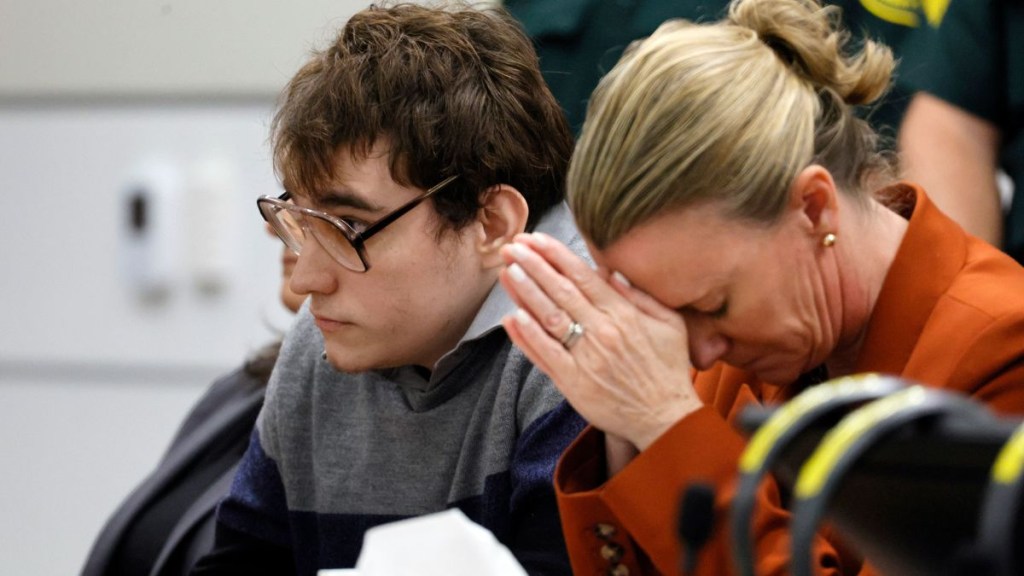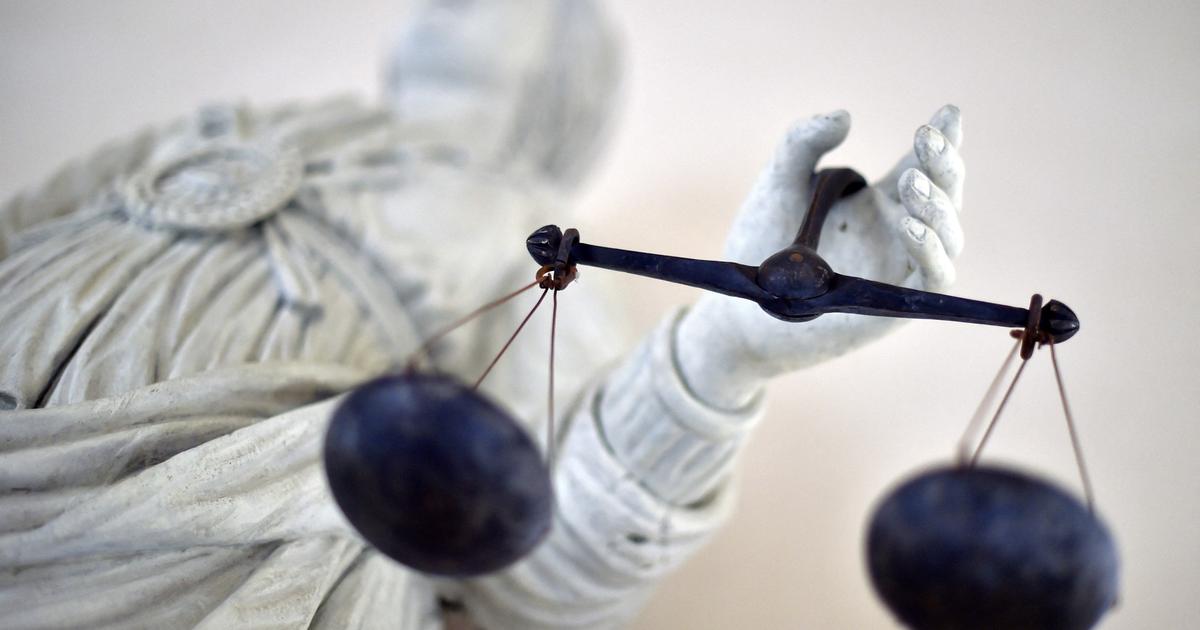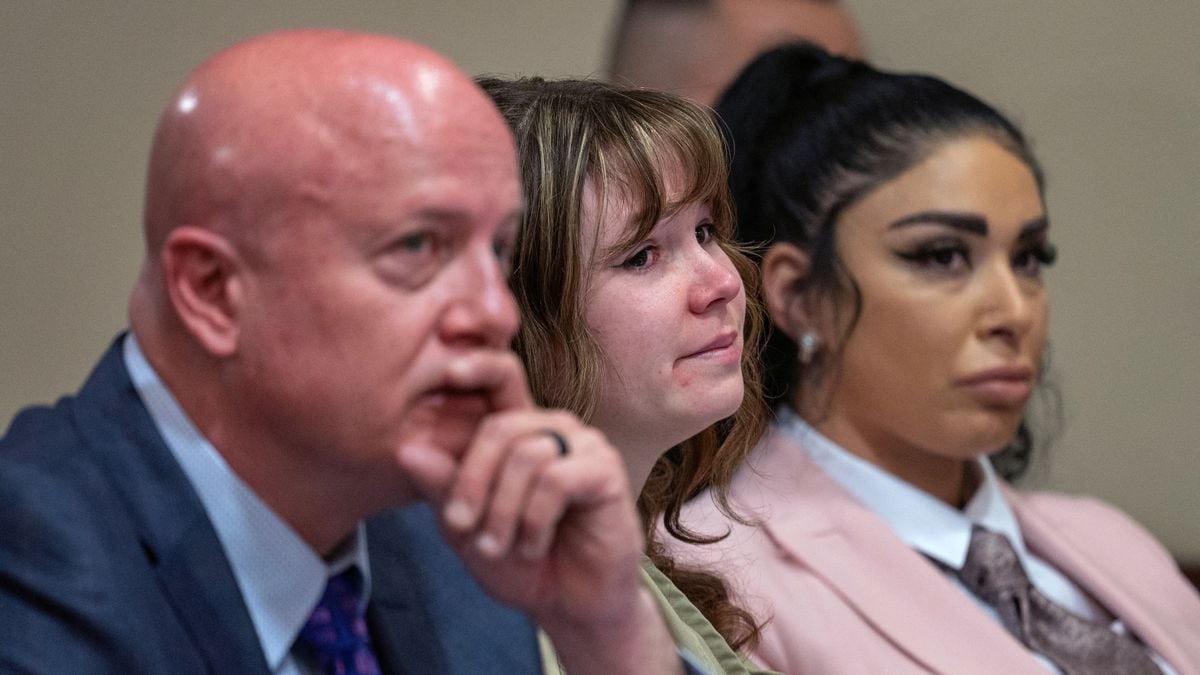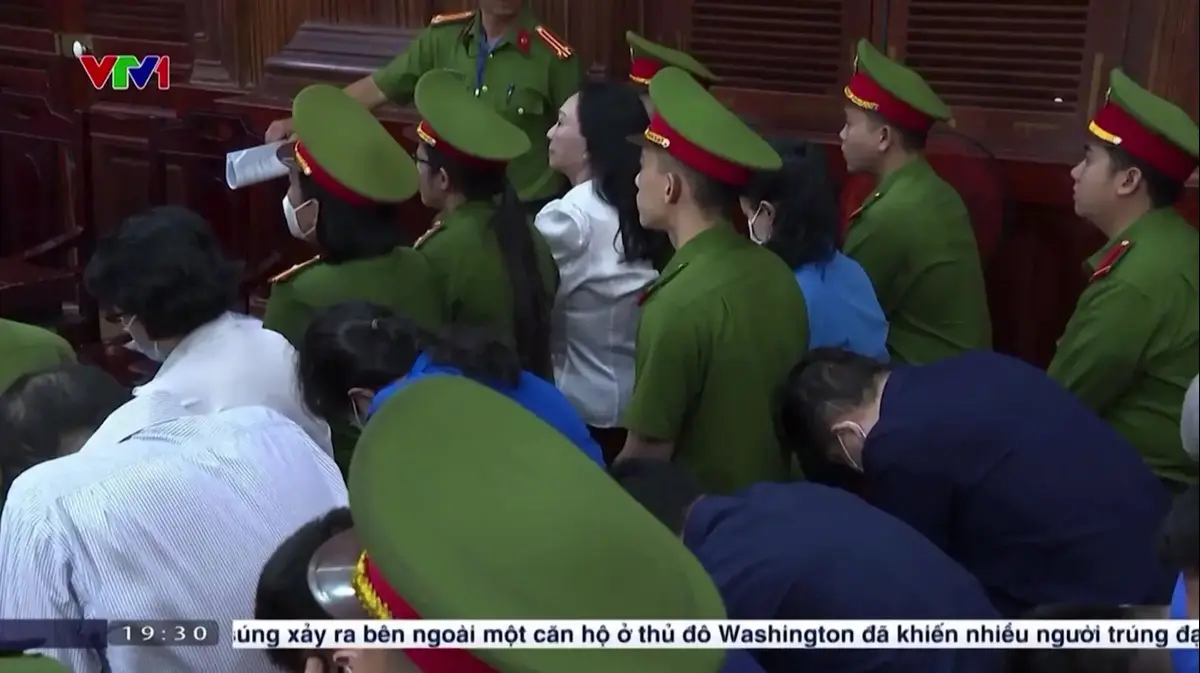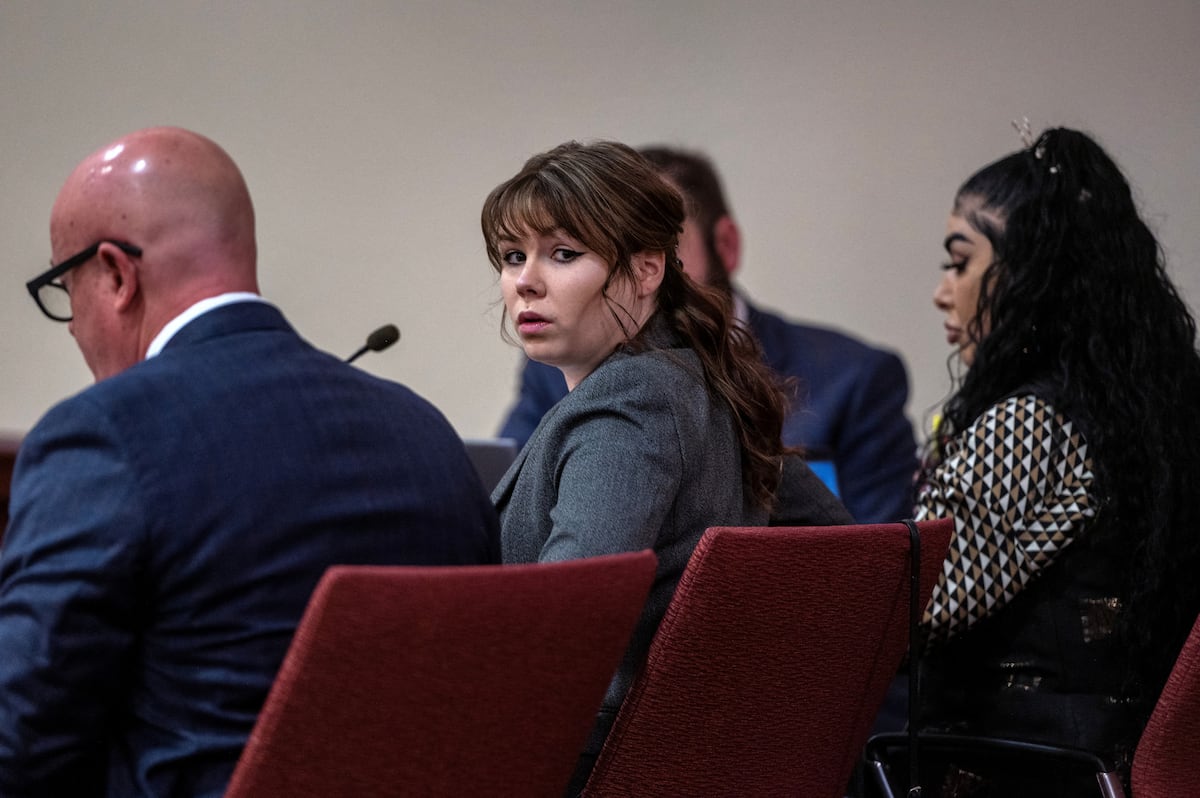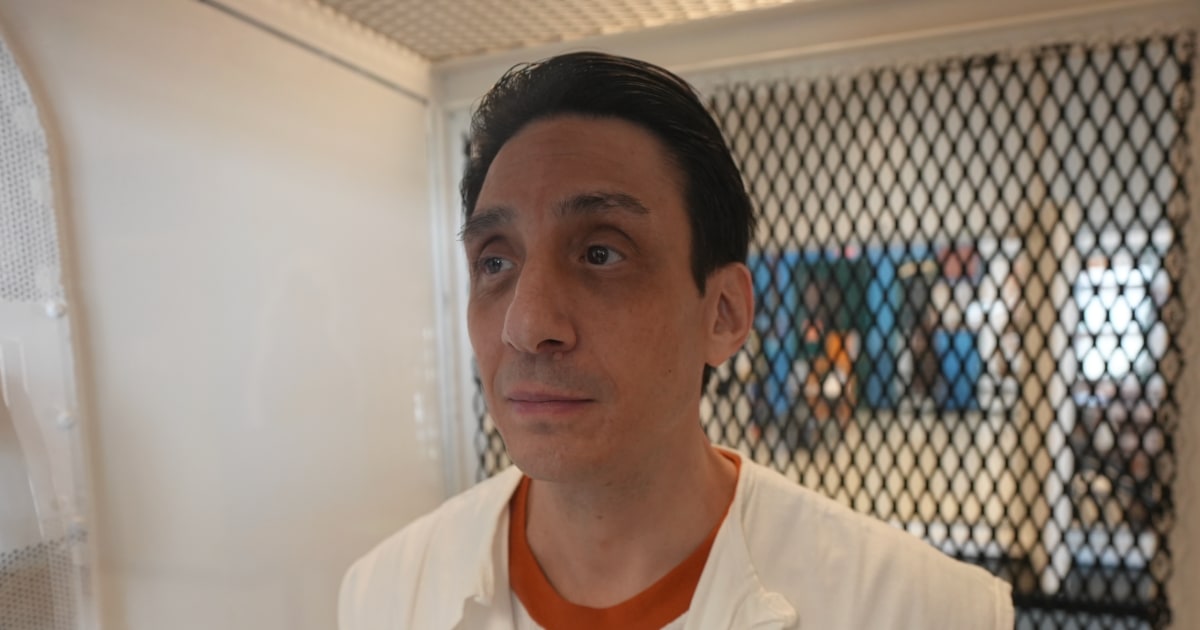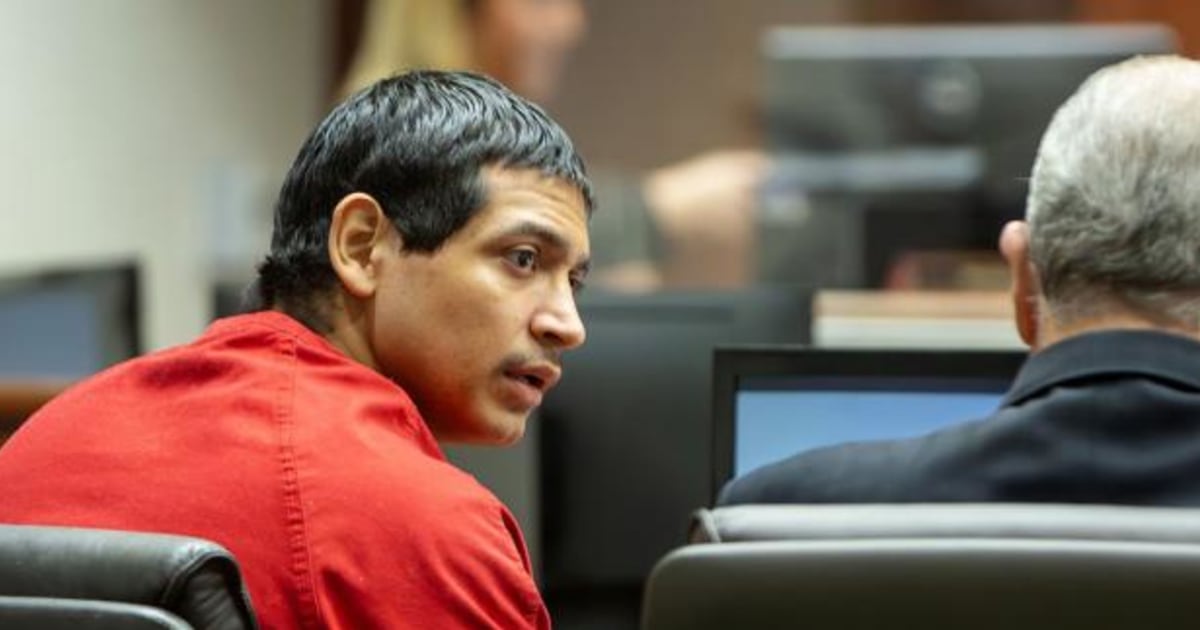Why was the death penalty not recommended for Nikolas Cruz?
2:32
(CNN) --
In opening statements at Nikolas Cruz's death penalty trial, his defense outlined the plan to persuade the jury to spare his life.
They planned to present him as a disturbed and mentally ill human being.
"By telling you Nik's story, by telling you the chapters of his life, we will give you reasons to choose life," public defender Melisa McNeill said in opening statements.
"That's called mitigation. Mitigation is whatever reason you think the death penalty is not an appropriate penalty in this case."
And on Thursday, after months of disturbing evidence and tearful witnesses, the jury recommended a sentence of life in prison without parole instead of the death penalty, coming as a shock to many of the victims' families.
This was the Parkland massacre for which Nikolas Cruz will be sentenced to life in prison
A death sentence must be unanimous, so the defense only had to persuade at least one of the 12 jurors.
Parkland jury foreman Benjamin Thomas told CNN affiliate WFOR that three jurors voted against the death penalty.
"There was one with a resounding 'no' — he couldn't do it. And there were two others who ended up voting the same way," Thomas said.
The woman who voted a resounding 'no' "didn't believe that, because she was mentally ill, she should receive the death penalty," Thomas said.
There are signs of tension behind the scenes in the jury room.
advertising
A juror on Thursday wrote a letter to the judge calling the deliberations "tense" and denying an allegation he had heard that he had made the decision to support life in prison before the trial began.
And prosecutors are asking law enforcement to interview a juror who said he felt threatened by another juror during deliberations, according to a court filing obtained by CNN.
The jury instructions list 41 possible mitigating factors that the jury might consider, and some of them were repeatedly mentioned by the defense.
Those mitigating circumstances fall into a few main categories: that Cruz admitted his guilt from the start;
that he was "poisoned" in the womb by his mother's drug and alcohol use;
and that the death penalty, at least for Cruz, is immoral and unnecessary.
Here's a look at the defense's main arguments throughout the trial and how they managed to win the jury over to their side.
Cruz pleaded guilty and admitted his guilt.
Deputy Public Defender Melisa McNeill put her head in her hands as she sat next to Nikolas Cruz as the verdicts were read in court Thursday.
Credit: Amy Beth Bennett/South Florida Sun-Sentinel/AP
Defense attorneys first noted that Cruz admitted to the murders and pleaded guilty to 34 counts last October.
"Each one of you sitting here and in this room knows that there is one person responsible for all of that pain and all of that suffering," McNeill said at the start of his opening remarks in August.
"And that person is Nikolas Cruz."
"On October 21, 2021, Nikolas Cruz pleaded guilty to all charges. When he did that, he guaranteed that he would be punished. The question that now remains for each and every one of you is how."
The decision to plead guilty came without the government offering a lighter sentence.
Others accused of heinous crimes, such as the perpetrators of the Boston Marathon bombing and the racist mass shooting at a black church in South Carolina, have pleaded not guilty and were sentenced to death.
In the sentencing phase of Cruz's trial, the prosecution has discussed Cruz's actions on the day of the shooting in detail.
In response, McNeill has tried to detract from his argument by pointing to Cruz's guilty plea.
"We have never said he didn't do it. He has never said he didn't do it," he said.
"What he did has never been in dispute. This trial phase of the process is not about accountability."
Cruz was "poisoned" at birth
The defense's main factual argument was that Cruz had mental health and developmental problems because her biological mother used alcohol and drugs during her pregnancy.
"Because Nikolas was bombarded by all of those things, he was poisoned in the womb. Because of that, his brain was irretrievably broken, through no fault of his own," McNeill said in opening statements.
The first two witnesses for the defense testified that Brenda Woodard, Cruz's biological mother, used drugs and drank alcohol during her pregnancy.
Carolyn Deakins, a recovering addict who used drugs, drank and worked as a prostitute with Woodard in the 1990s, testified that Woodard showed no care for the baby on the way and used all her resources to buy drugs and alcohol.
Parkland shooter Nikolas Cruz said he heard demons in his head before the massacre, court records show.
Cruz's sister, Danielle Woodard, also testified that her mother abused drugs and alcohol throughout her childhood, creating a hostile environment for the children.
"She had an addiction. She always put that first, before me, or him, or Zach (Cruz), or anybody," he said.
Brenda Woodard, who died last year, gave Cruz up for adoption when she was born in 1998.
From a young age, Cruz exhibited developmental delays and emotional and behavioral problems related to FASD, the defense argued.
Several defense witnesses, including two medical experts, disagreed on her exact diagnosis, but said it was related to her mother's alcohol use during pregnancy, noting that her mother did in fact admit to alcohol use in her case file. of birth
"Never, ever in my life have I seen an individual affected by prenatal alcohol exposure where there is documentation, and I think pretty good documentation, of alcohol exposure," Dr. Kenneth Lyons Jones testified. , a leading voice in alcohol-related neurological disorders.
"I know I have never seen so much alcohol consumed by a pregnant woman."
In closing arguments, the defense said he was "condemned from the womb" for his mother's actions.
"There is no time in our lives when we are more vulnerable to the will and whim of another human being than when we are growing and developing in the womb," McNeill said.
The death penalty is immoral and unnecessary
In a death penalty trial, all jurors are "death qualified," meaning they must be open to the imposition of the death penalty in order to serve on the jury.
This means that people completely opposed to the death penalty cannot serve on a jury.
Still, much of the defense's arguments sought to appeal to the jury's moral qualms with the death penalty.
Why didn't a jury recommend the death penalty for Nikolas Cruz?
An expert answers
The defense argued that a life sentence without parole is enough to protect the public.
They also argued that Cruz is under the care of a psychologist and psychiatrist, was compliant with his medication and had the ability to function in a structured and supervised environment such as prison, according to the jury's instructions.
"And in a civilized human society, do we kill brain-damaged, mentally ill, broken people?"
McNeill asked Tuesday.
"Do we? I hope not."
Prosecutors had asked the jury to sentence the shooter to the death penalty, arguing that Cruz's decision to carry out the shooting was not only particularly heinous or cruel, but premeditated and calculated and not, as the defense argued, related to No neurological or intellectual deficit.
In closing arguments, McNeill said the prosecution was trying to shock and shock jurors by playing horrific video and audio of the shooting.
Instead, he urged them to take a breath, open their hearts and minds, and make a moral decision in favor of godliness.
"In a process of sentencing the death penalty, you have to use your heart, because you are making an individualized moral decision," he said.
In fact, the brother of one of the victims told CNN last week that he did not support the death penalty for Cruz because of his immorality.
"Logically, it doesn't follow for me that we say, 'Murdering someone is this horrible, heinous, horrible, terrible thing, and to prove that point, we're going to do it to someone else,'" said Robert Schentrup, whose sister Carmen, of 16 years old, was among those killed.
"And I understood that if this is something that I felt, that I think it should apply to my personal case and beyond," he said.
"I had to dig deep into my values and say, is this something that connects with it? And if so, live with it."
Dakin Andone, Denise Royal, Kevin Conlon, and Carlos Suarez contributed to this report.
Nicholas Cruz

